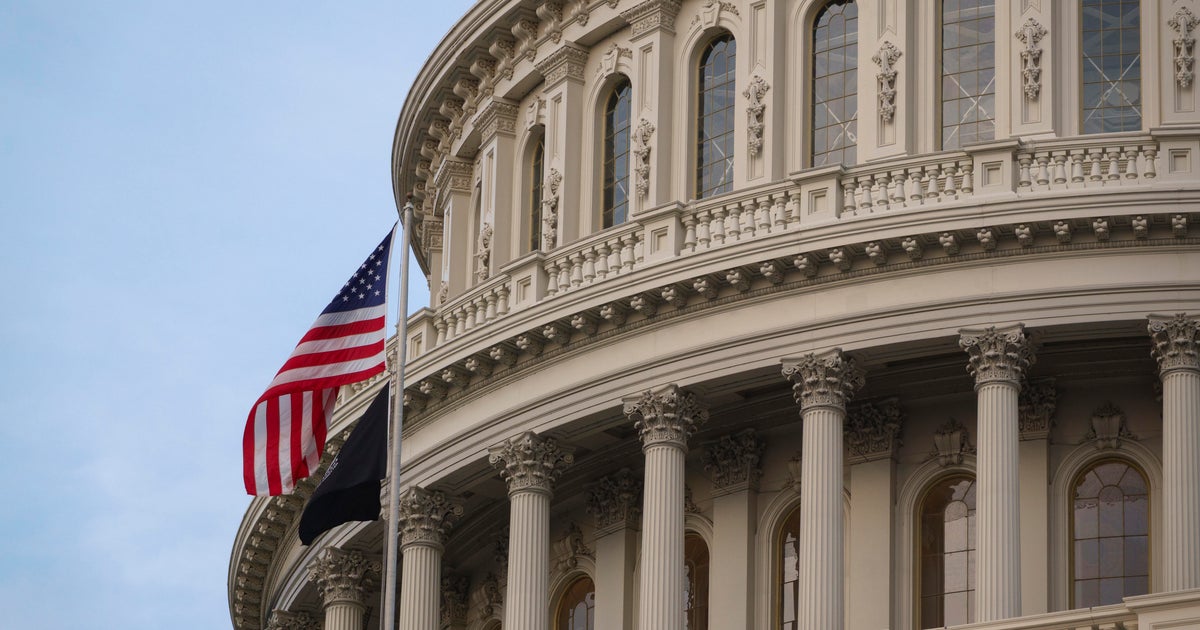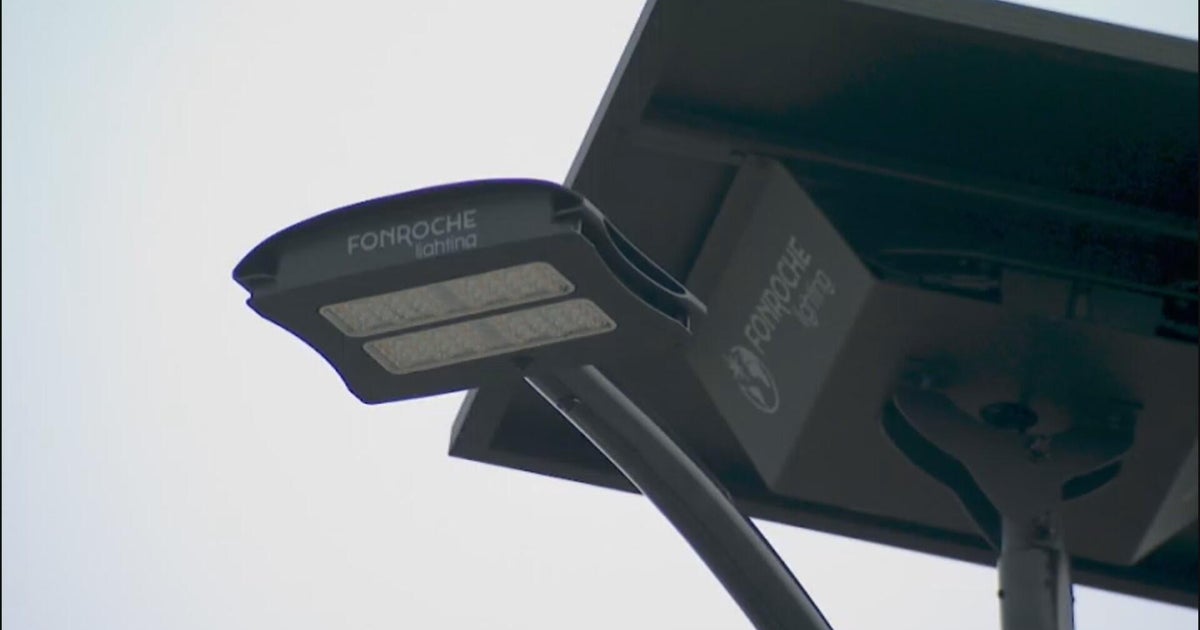Board Approves Solar Project On Prison Land
ANNAPOLIS, Md. (AP) -- The Board of Public Works voted 2-1 on Wednesday to lease about 250 acres of state prison land in western Maryland to a private company to develop the state's largest solar energy farm.
The 20-megawatt solar project is being developed by Easton-based Maryland Solar LLC next to the medium-security Maryland Correctional Institution near Hagerstown. Supporters say construction will create about 125 badly needed jobs and boost the state's efforts to increase renewable energy.
"Maryland is benefiting by getting a massive amount of solar on our grid -- almost doubling the amount on our grid -- 125 construction jobs that could start this calendar year, the payment in lieu of taxes for Washington County of $2.4 million and we're not having to use state dollars and state risk to reach our climate and clean air goals," said Malcolm Woolf, director of the Maryland Energy Administration.
Comptroller Peter Franchot, the board member who voted against the project, questioned whether the state did due diligence in determining this was the best possible offer. The comptroller said he understood that when the proposal was broached, there was an unsolicited offer for the parcel. That prompted the Maryland Department of General Services to issue a request for proposals, and no other proposals were submitted.
Maryland Solar was created by Beowulf Energy, whose managing director, Michael Enright, served as Gov. Martin O'Malley's chief of staff and senior adviser before he left the administration last year.
Michael Gaines, assistant secretary of the agency's real estate division, said a request for proposals was posted for 30 days, and no one else expressed interest. Gaines also said the land has been used for farming. Before that, it had been used for dumping sludge, so it is not considered to be a valuable piece of land.
"We think it's a good deal for the state of Maryland," Gaines said.
O'Malley, who sits on the board with Franchot and Treasurer Nancy Kopp, noted his former adviser's position at the company before voting to approve the deal.
"Given the strides that this project will make to achieving our renewable energy portfolio, I only wish Mr. Enright had joined the private sector earlier rather than later, and I think this is a good project," O'Malley said. "It's been openly and responsibly bid. It's exactly the sort of forward-moving steps we need to take as a state."
It's not the first time the company Enright now works for has come up in state energy development plans since he left the administration. Earlier this year, the company was one of eight to express interest in obtaining federal leasing rights to develop offshore wind off the coast of Maryland. State legislation to develop offshore wind stalled in the General Assembly this year.
Franchot, who said he met with Enright and doesn't question his integrity, also noted that the company will get $24 million in federal subsidies for the project, and the comptroller said he believes the state should have tried to negotiate a way for the state to receive a portion of the money.
That prompted O'Malley to ask whether the state would have been able to receive the money, and Woolf replied that the state could not receive the federal tax credits.
The terms of the 20-year lease call for the company to pay the state $32,050 a year, with a 3 percent increase after the third year.
Maryland's renewable energy goals calls for using solar energy for 2 percent of the state's overall power needs by 2022. That would require the state to have between 1,000 and 1,200 megawatts of solar power. The state currently only has about 20 megawatts of solar energy.
"In this deal, there's no state money involved," Woolf said. "We're not paying a subsidy. We're not taking on the risk of a long-term contract. It's a private transaction. This is kind of the goal we've been striving for to get the market working without state support."
(Copyright 2011 by The Associated Press. All Rights Reserved.)







